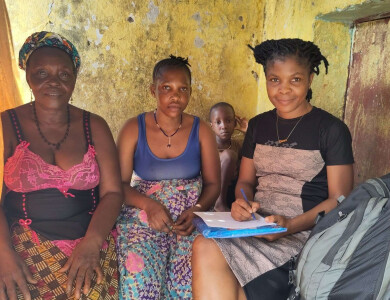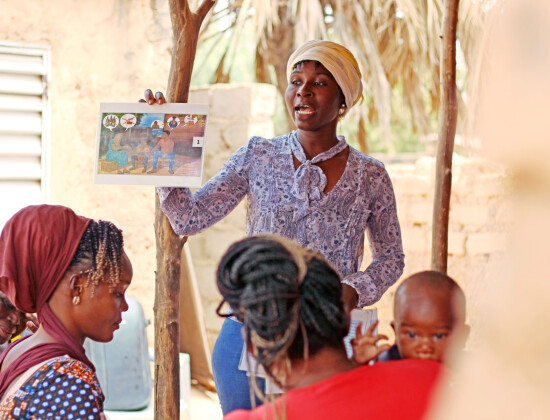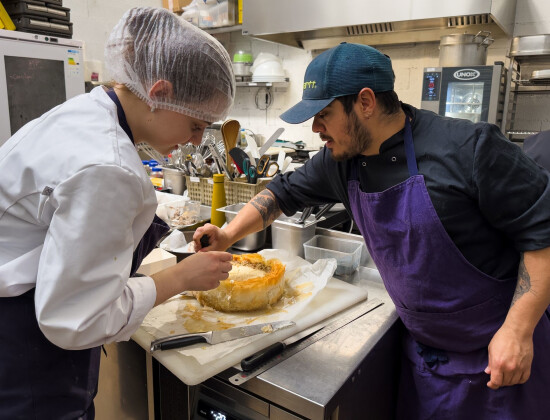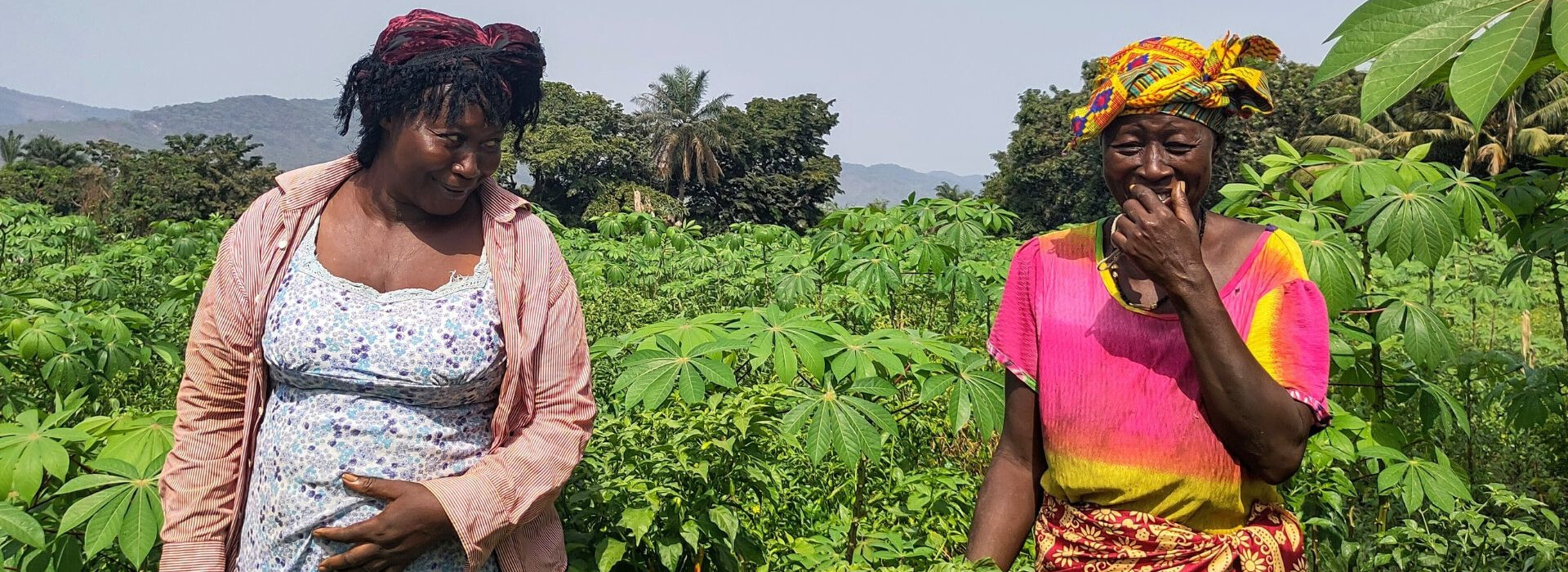
Munafa
Munafa offers micro-entrepreneurs comprehensive support to develop their small businesses, become self-sufficient, and improve their families' living conditions.
Promoting the social and economic inclusion of the poorest
90% of the working population in Sierra Leone are self-employed. In slums or remote rural areas, starting your own business is often the only way to generate income.
This is particularly true for women. They cannot read or write and live in extremely precarious conditions (malnutrition, health problems, domestic violence, etc.). To survive, they start their own businesses, but without access to banks and training, they are unable to develop and sustain their activities.
Since 2019, the social microfinance institution Munafa has been offering microentrepreneurs comprehensive support to help them succeed in their small businesses, become self-sufficient, and improve their families’ living conditions. To provide this support, the team operates through seven branches: three in Freetown, two in Waterloo, one in Moyamba, and one in Bo.
Munafa offers its beneficiaries:
- Individual loans without collateral or joint guarantees
- Regular savings available at any time
- Interactive training on various topics: financial education, business management, social and health issues, gender equality.
These services are provided during group meetings, which take place every two weeks in the beneficiaries’ communities. In addition, social support is provided if necessary. This comprehensive support aims to strengthen the overall environment of each beneficiary and remove all obstacles to autonomy
A young population, mostly rural and self-employed

More than 20 years after the end of the civil war and the return to democracy, Sierra Leone still suffers from the heavy legacy of the conflict. It faces widespread poverty and severe malnutrition.
In recent years, the country has been confronted with rampant inflation and continuous currency depreciation, leading to a decline in household purchasing power and a food crisis. This is why Munafa has stepped up its efforts in rural areas.
The Sierra Leonean population is young (nearly 75% are under 35) and more than half of the population lives in rural areas. Finally, more than 90% of the working population is self-employed.
As the microfinance sector is underdeveloped in Sierra Leone, Munafa’s services meet a real need.
Services that are popular with the local population and have a strong social impact
The team is working to diversify its services to combat food insecurity. In 2024, it designed a loan tailored to farmers' needs, coupled with agricultural support. A social and environmental strategy and a climate action plan have also been defined to better structure the activity.
-
15 435 beneficiaries
-
93 % are women
-
+217 % increase in net income
Testimonial
Thanks to Munafa, Juliet Jalloh has gone from street vendor to independent business owner.
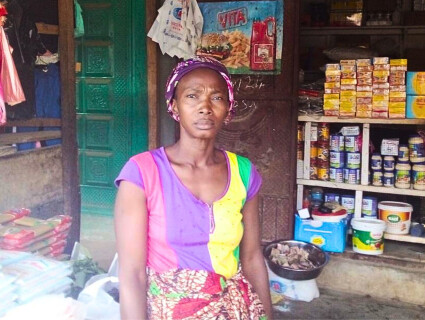
For years, I walked the streets with a heavy basket on my head. When my husband became seriously ill and lost his job as a teacher, the entire burden of supporting our family fell on me. I had to work twice as hard to ensure our survival. With my first loan from MUNAFA, I stabilized my business. With my third loan, I set up a small stall. Little by little, my business grew, and I shared my ambition to open a mini-shop. Today, on my eighth loan cycle, I run a well-established business that allows me to ensure my family's financial stability. I am proud of how far I have come.
Fact sheet and Infographic
They support Munafa
Let's work together to promote social and economic inclusion in Sierra Leone!
Every contribution helps us strengthen our work in the field.

